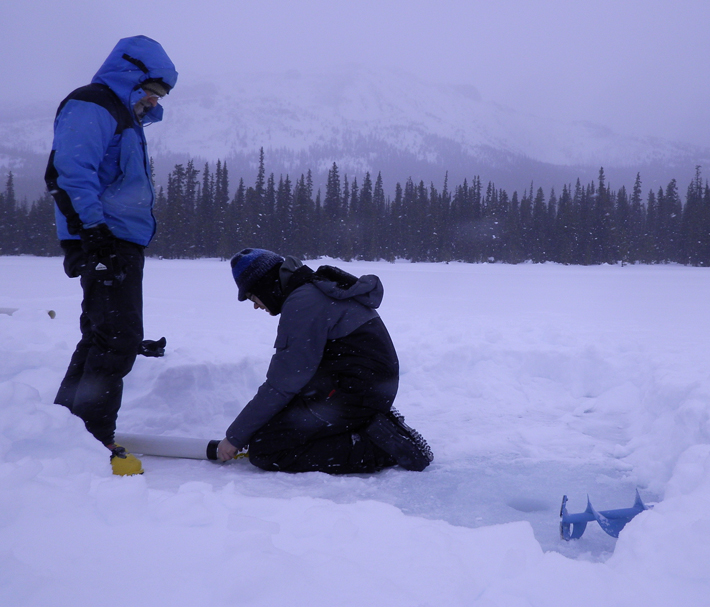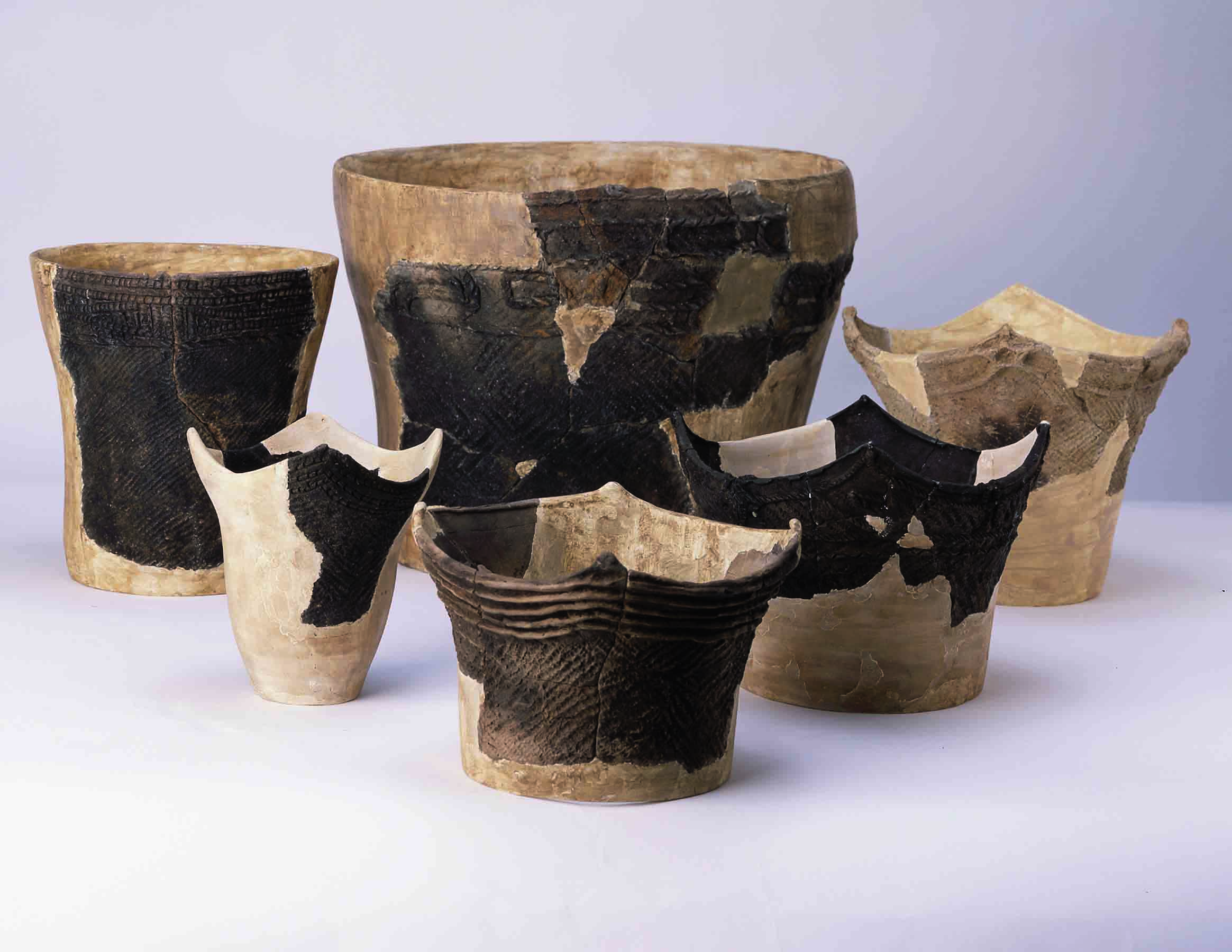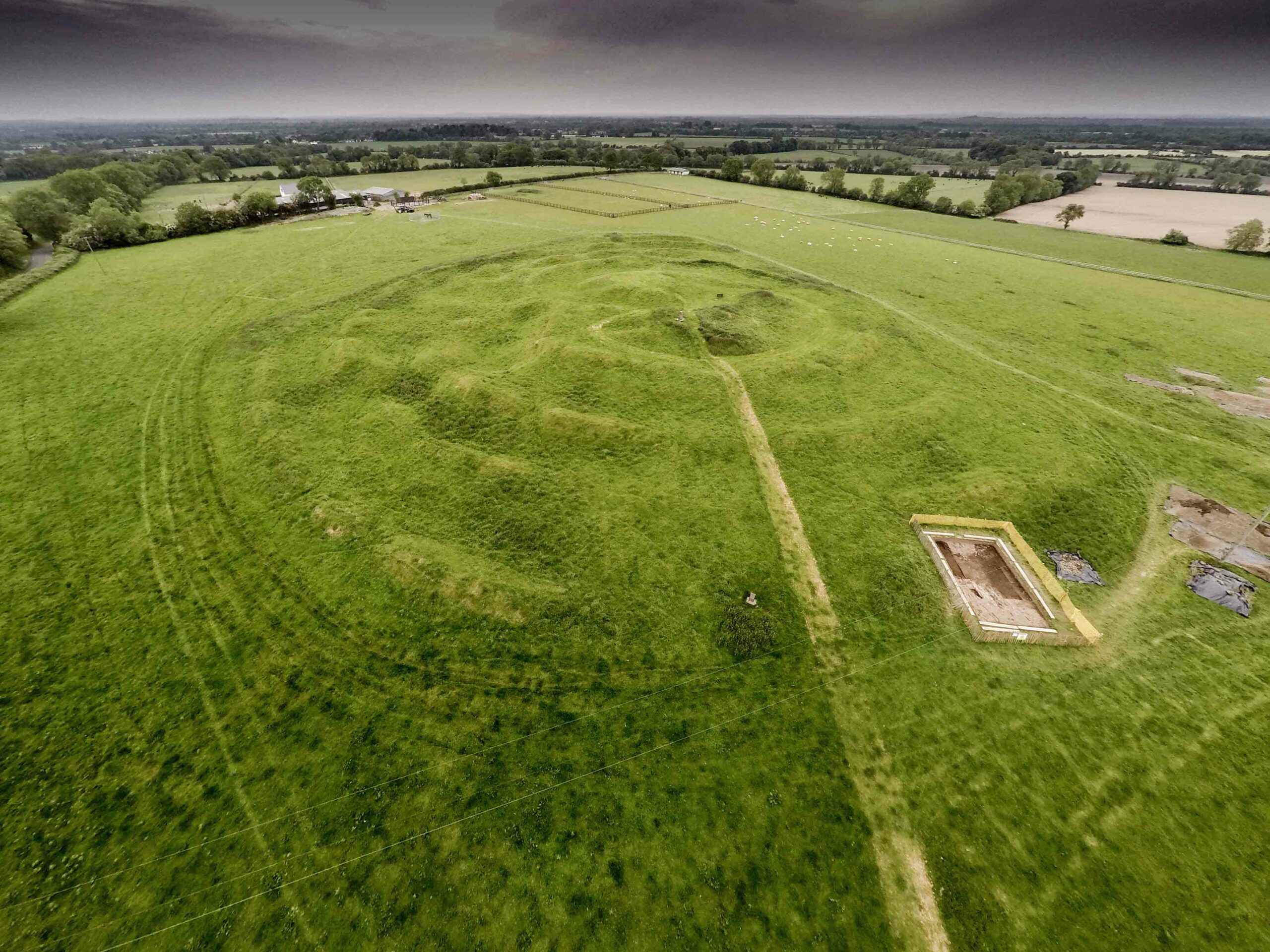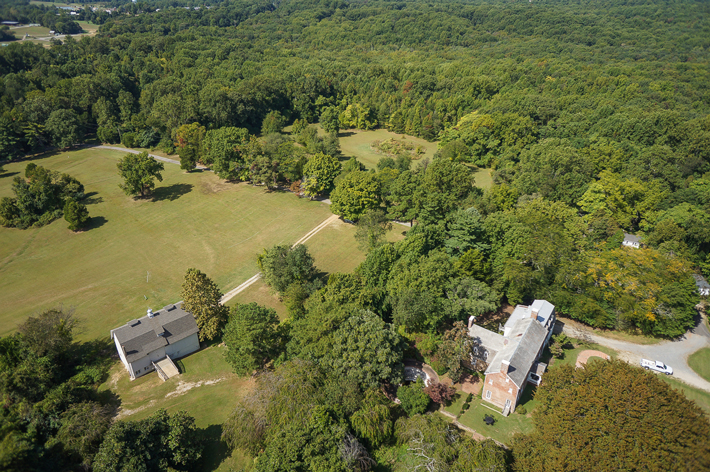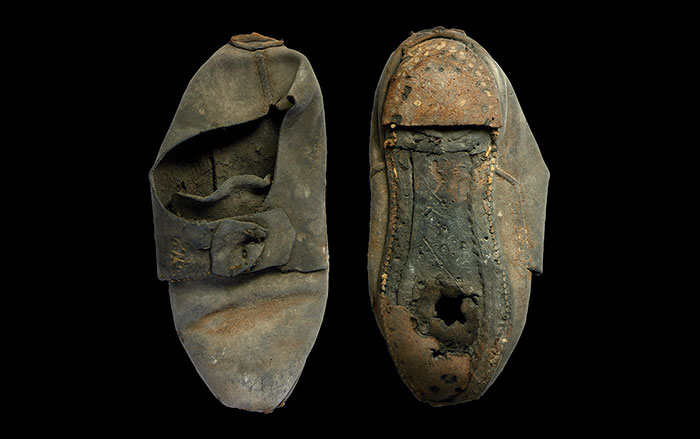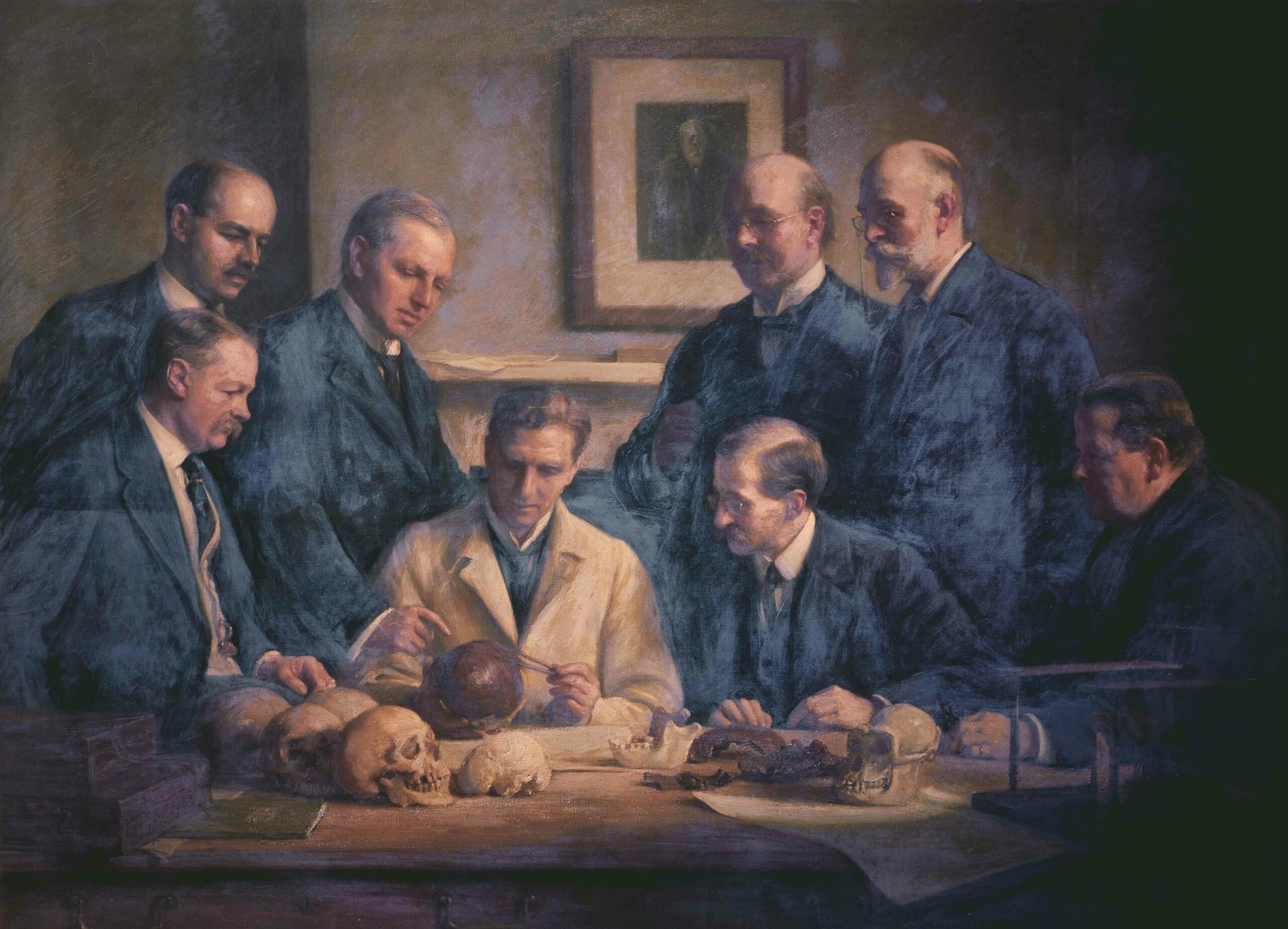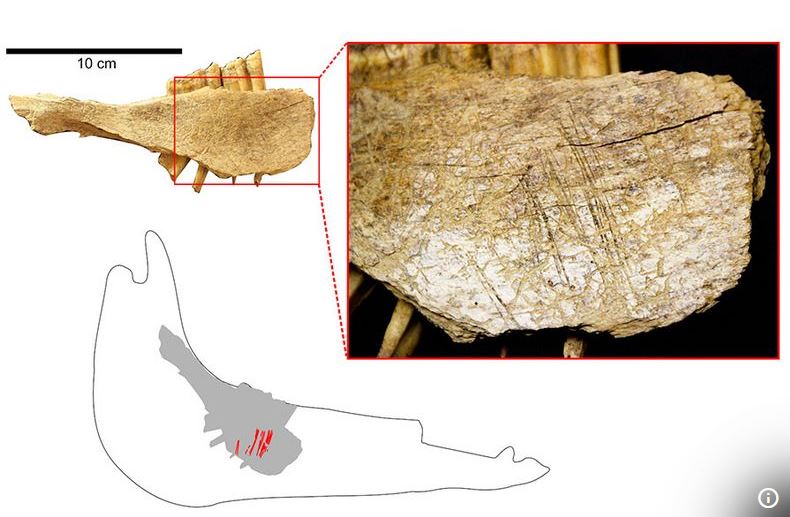
MONTREAL, CANADA—New radiocarbon dates have been obtained for animal-bone fragments discovered in northern Yukon’s Bluefish Caves in the 1970s, according to a report in CBC News. If confirmed, the results could push back the human presence in the area known as Beringia by 10,000 years. Ariane Burke and Lauriane Bourgeon of the University of Montreal examined some 36,000 bone fragments from the caves, and found 15 with cut marks and 20 others with possible cut marks. They sent the bones to Thomas Higham of Oxford University for radiocarbon dating. The oldest of the marked bones, a horse’s mandible that appears to have had its tongue removed with a stone tool, has been dated to at least 23,000 years ago. The researchers say these new dates support genetic research indicating a group of early migrants was isolated in Beringia, perhaps by glaciers, between 15,000 and 24,000 years ago. Tools such as microblades and burins have been found in the Bluefish Caves, in some instances as deep as the horse mandible. “Is it the final chapter?” asked Yukon government archaeologist Greg Hare. “I don’t think so. But it’s good, solid work, and I’m excited they’ve been able to revisit it and come up with those dates.” To read in-depth about the peopling of the Americas, go to “America, in the Beginning.”


